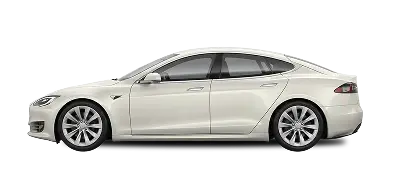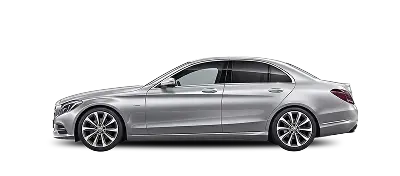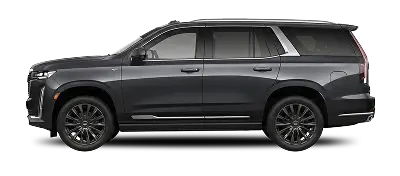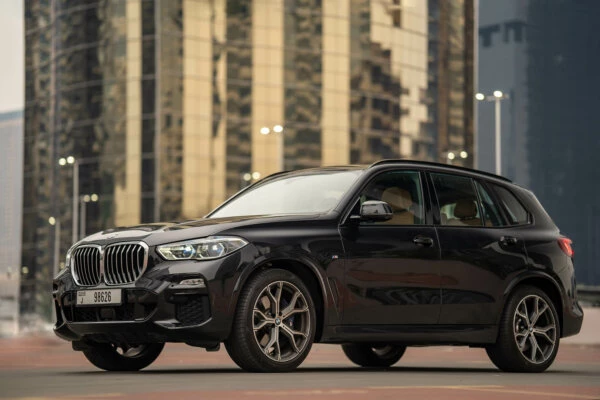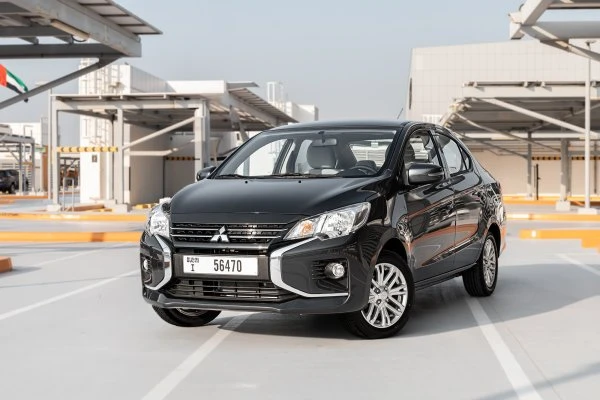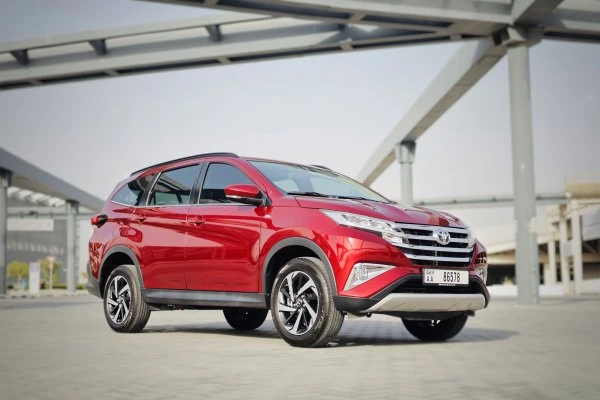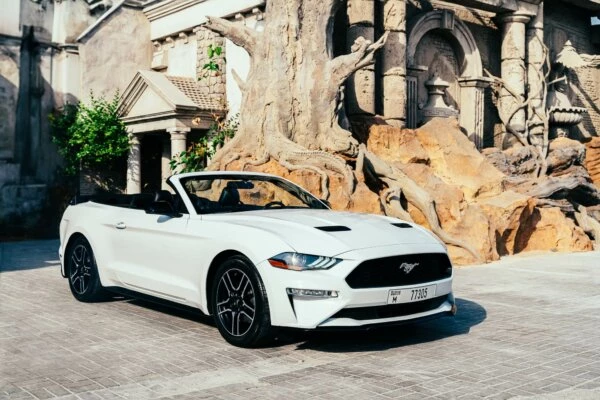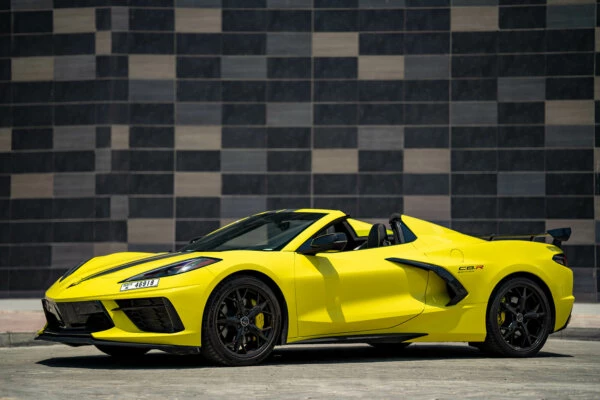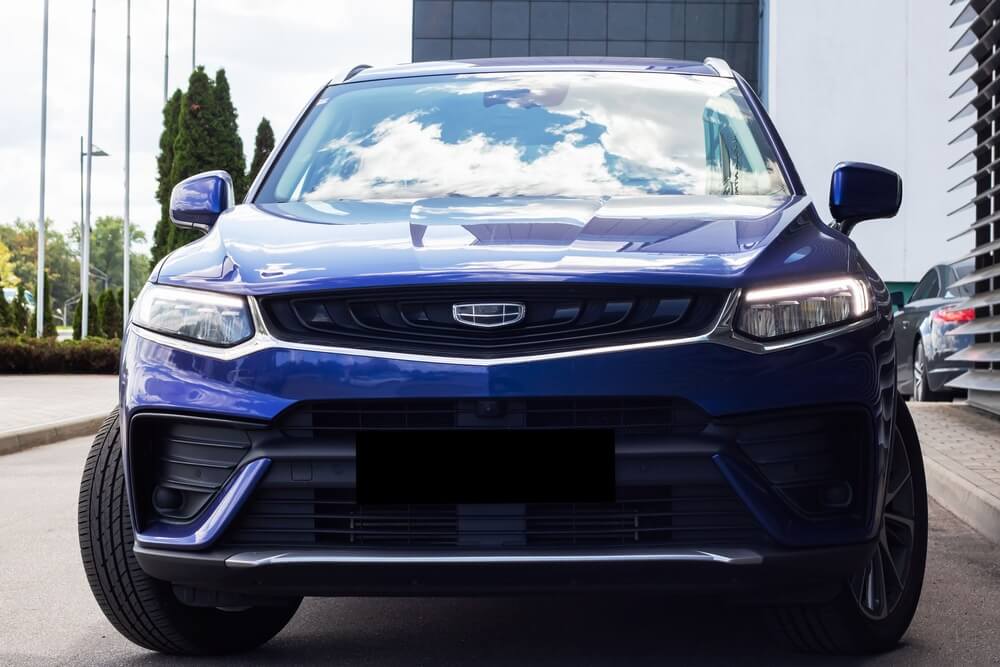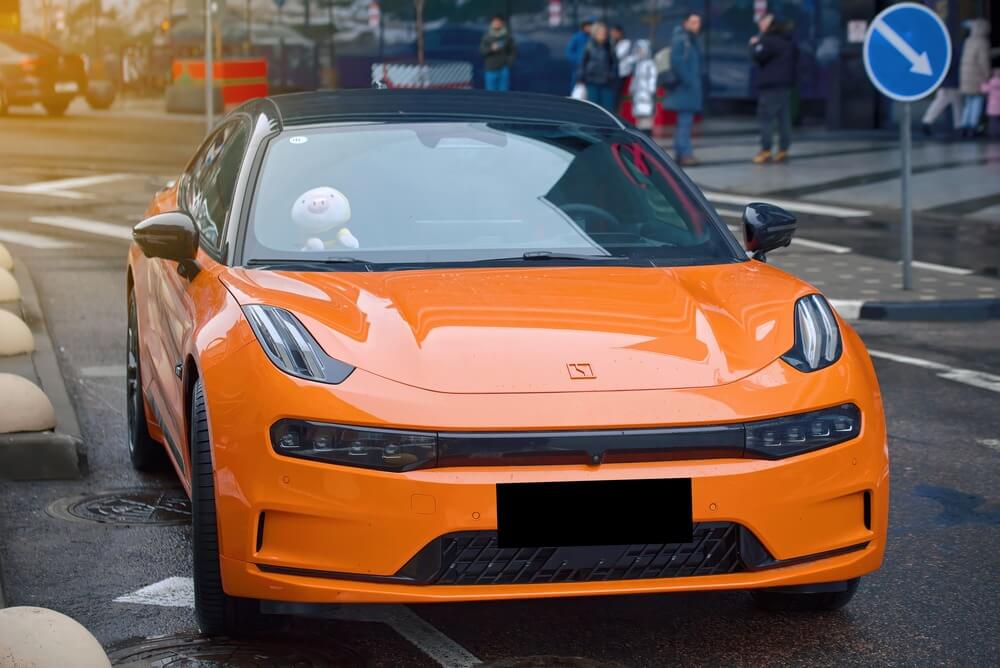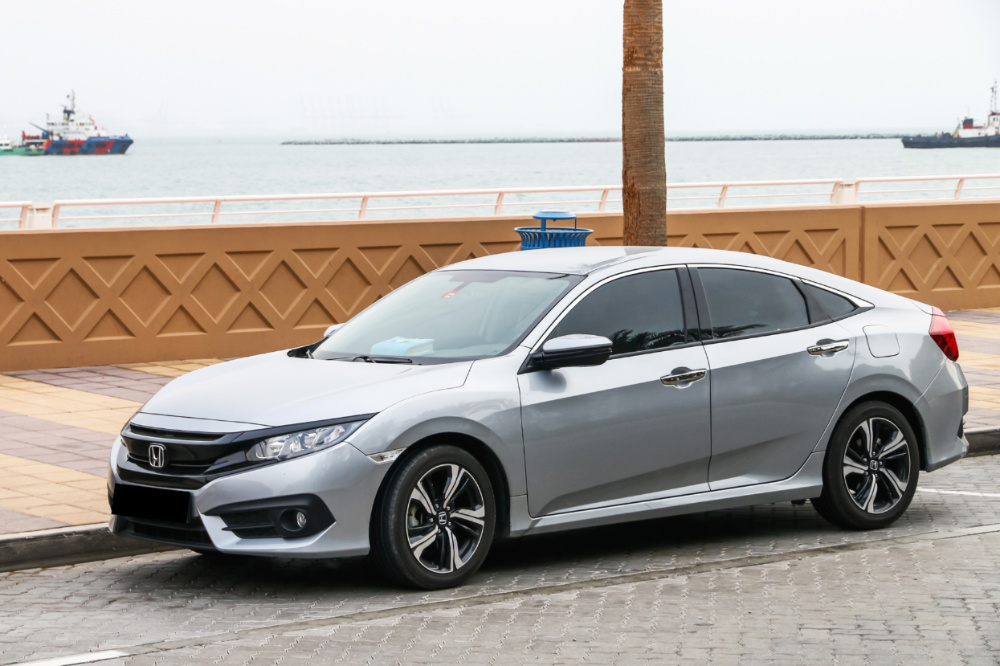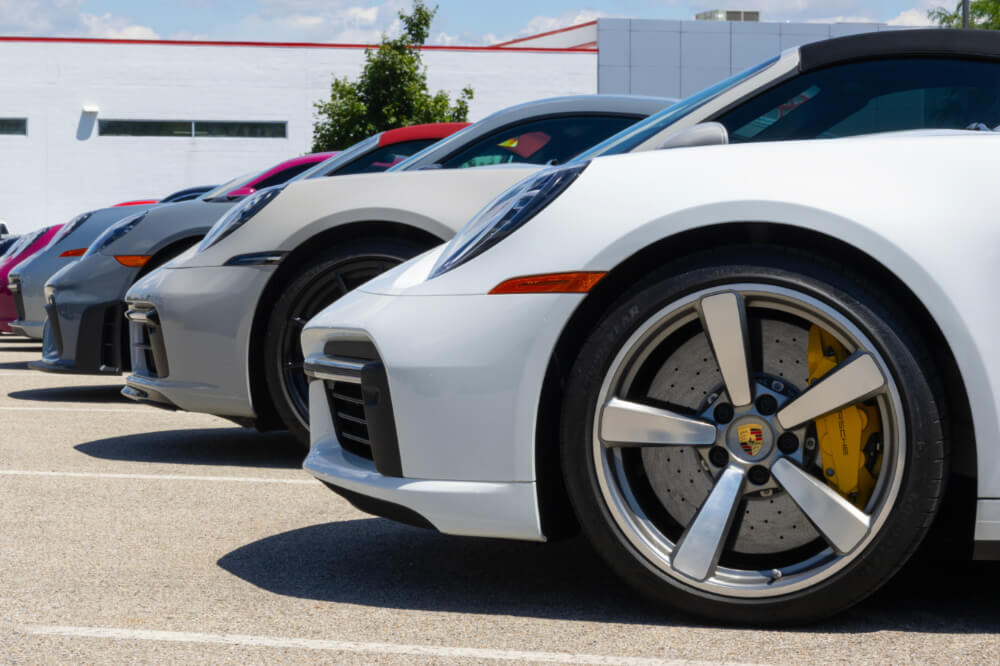- Evolution of Chinese Automotive Industry: How Chinese Car Manufacturers Exeeded the Models They Used to Copy
- Top Chinese Car Brands to Know in 2026: From BYD and Geely to Chery and Zeekr
- Market Focus: Domestic vs Global
- Innovation and Technology in Popular Chinese Car Brands
- Challenges and Reputation in Global Markets
- Why Chinese Car Brands Are Gaining Popularity
- Conclusion
The Chinese automobile industry has undergone remarkable expansion, positioning itself as a formidable competitor in the global market by 2026. Chinese car manufacturers have emerged as leaders, showcasing improved technology, quality, and ambitious export strategies. With a strong emphasis on electric vehicles (EVs) and cutting-edge innovations, these companies are revolutionizing the automotive industry.
Brands like BYD, NIO, and Changan are making significant strides, particularly in the electric car segment, while others like Great Wall Motor and Hongqi are gaining traction with their SUVs and sedans. In the UAE car market, top Chinese car brands such as JAC Motors and GAC are becoming increasingly popular, thanks to their affordability and advanced features.
As these Chinese automakers, including SAIC Motor, Dongfeng, and BAIC, continue to enhance their offerings, they are not only competing with established giants like Volkswagen and Toyota but are also setting new standards in the electric vehicle landscape. With partnerships and subsidiaries sprouting in key markets like Dubai and Guangzhou, the future looks bright for the Chinese automotive sector, as it aims to dominate both domestic and international markets.
Evolution of Chinese Automotive Industry: How Chinese Car Manufacturers Exeeded the Models They Used to Copy
The evolution of Chinese automobile manufacturers has been remarkable, transitioning from merely replicating Western models to creating innovative designs and technologies of their own. In the early stages, many Chinese car makers focused on copying well-known brands, but as the industry matured, the emphasis shifted towards originality and innovation.
Central to this transformation has been government support, which has provided funding and subsidies for research and development. This backing has enabled numerous Chinese car companies, such as BYD Company and Lynk, to enter the global market and compete effectively against established giants like Toyota and Volkswagen.
Today, Chinese EV brands are making significant strides, particularly in the affordable segment, offering new cars that cater to urban driving needs. With the backing of entities like the Guangzhou Automobile Group, these manufacturers are proving that they are serious contenders in the automotive industry, and their reputation is no longer a laughing matter.
Top Chinese Car Brands to Know in 2026: From BYD and Geely to Chery and Zeekr
Below is an overview of the leading Chinese automakers that are revolutionizing the industry:
- BYD: The EV revolution starters, BYD is now the brand name for electric vehicles with its lineup of electric cars and buses designed for various markets.
- Geely: With its ownership of Volvo and Polestar, Geely has become a serious player in traditional and electric vehicle markets by focusing on innovation and quality.
- Chery: Specializing in producing low-cost models, Chery has become increasingly popular in both the domestic and international markets, providing budget options to consumers.
- Great Wall Motors (Haval, Tank): Specializing in SUVs and pickup trucks, Great Wall Motors is extremely famous for its performance and durability in off-road vehicles.
- Hongqi: With its focus on the luxury brand, Hongqi has emerged as a status symbol in China, with high-end vehicles to rival international luxury marques.
- Jetour, Exeed, AITO, Zeekr, NIO, XPeng, Li Auto: The newcomers are the new Chinese automakers’ new look with a focus on electric vehicles and high-end technology to attract a new generation.
Market Focus: Domestic vs Global
Chinese car manufacturers are rapidly diversifying their efforts between domestic and international markets. While the domestic market remains strong, with a growing demand for battery-powered vehicles, many companies are increasingly turning their attention to foreign markets.
To penetrate the European, UAE, African, and South American markets, Chinese manufacturers are forming partnerships with international distributors and setting up local assembly plants. This strategy not only strengthens their presence in these regions but also integrates Chinese automobile companies into global supply chains, establishing them as major players in the automotive market.
For instance, popular Chinese car brands like BYD and Geely Holding are making significant inroads, with electric models such as the BYD Seal and various SUVs in the UAE gaining traction. With a focus on innovation and affordability, these brands are becoming some of the best Chinese car brands available, appealing to consumers looking for both luxury and practicality in their vehicles. As more Chinese cars enter the UAE market, they are reshaping perceptions and expectations in the electric vehicle market.

Innovation and Technology in Popular Chinese Car Brands
Innovation is driving the rapid growth of the Chinese automotive market. Chinese car manufacturers are heavily investing in electric vehicles, autonomous driving technologies, and smart interfaces. They are developing next-generation battery technologies, artificial intelligence, and advanced multimedia systems to compete with established players like Tesla and Volkswagen.
When comparing Chinese automakers to their European and Korean counterparts, it is evident that Chinese brands are quickly narrowing the technology and feature gap. For example, the NIO ES6, an electric SUV, offers impressive features such as a range of up to 610 kilometers and advanced driver-assistance systems, starting at around $54,000.
In comparison, the Hyundai Ioniq 5, a similarly positioned electric SUV, starts at approximately $41,000 but offers fewer premium features at that price point. The focus on hybrid SUVs and electric vehicles is reshaping the automotive landscape, with Chinese models increasingly appealing to eco-conscious consumers.
Challenges and Reputation in Global Markets
Despite their rapid growth, Chinese car manufacturers also have to surmount a series of challenges overseas. Quality, intellectual property, and brand image stereotypes continue to be obstacles. By 2026, however, the perception of Chinese brands is evolving as they demonstrate their commitment to quality and innovation.
Thus, according to CPG, “skepticism about the quality of ‘made in China’ ” is now becoming a thing of the past, as “Chinese cars are not only safe, they are among the safest on the market” (https://en.clickpetroleoegas.com.br/Chinese-cars-achieve-high-safety-scores-and-break-stereotypes-btl96/). This refers to such features as autonomous emergency braking, lane-keeping assist, and rearview cameras.
Besides, Chinese brands demonstrate ongoing brand construction and bonding with consumers, along with minimizing product reliability and safety concerns. As Chinese car brands persist in improving their products, they can look forward to increasing levels of acceptance and popularity overseas.
Why Chinese Car Brands Are Gaining Popularity
Chinese automobile brands are experiencing a surge in popularity for several reasons, with affordability and competitive pricing being the foremost. These brands offer exceptional value for money, appealing to customers who seek high-quality features at lower prices compared to premium automakers.
For instance, consider the BYD Han EV, which starts at around $39,000. In contrast, a comparable luxury electric sedan like the Tesla Model 3 begins at approximately $48,000. This significant price difference allows consumers to access advanced technology and features without breaking the bank, making Chinese car brands increasingly attractive in the automotive market.
Moreover, the Chinese auto manufacturers are experts in localizing their vehicles in an attempt to meet the needs of local markets. For example, the growth of sales in the UAE and other Middle Eastern countries is an indication of the successful market penetration of the most common Chinese automobile brands in these countries. according to Gulf Business (GB), “Chinese brands in the UAE have gained significant market traction, increasing from 8 per cent in H1 2023 to 12 per cent in H1 2024” (https://gulfbusiness.com/insights-why-chinese-auto-brands-are-so-popular/).
Conclusion
The future of Chinese automobile brands is promising as they continue to be a force in the automotive world. With their innovation, electric cars, and intelligent technologies, the brands can only get bigger and perform better. The Chinese automobile companies are going to be forces to be reckoned with in the auto world as they break barriers and make their marks, shaping the future of automobiles for generations to come, competing even with luxury cars.





